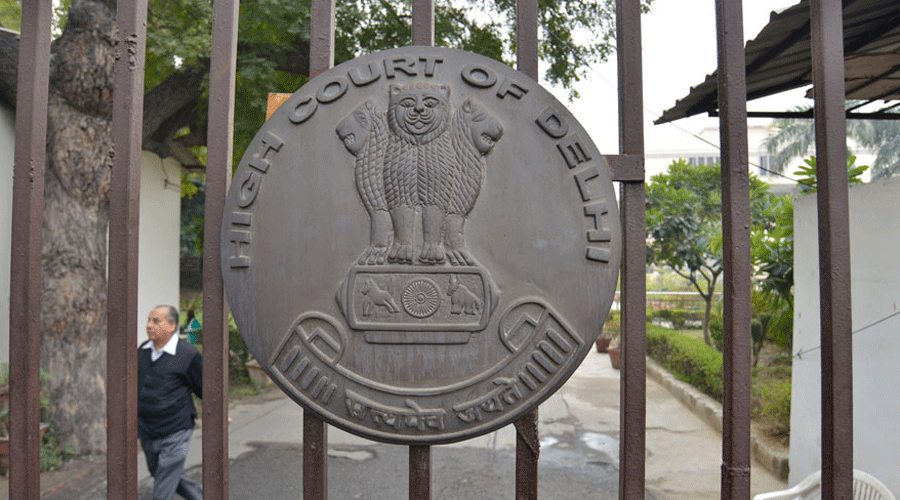Delhi High Court on Thursday sought the stand of the Centre and the Central Waqf Council on a petition seeking to declare that the Waqf Act is in violation of the Constitution and that private properties of citizens can only be governed by a Uniform Civil Code.
A bench of Acting Chief Justice Vipin Sanghi and Justice Navin Chawla issued notice on the PIL by Devendra Nath Tripathi and granted time to the respondents to file their response.
The petitioner has claimed that the Union of India does not have the legislative competence to make laws concerning waqf and religious properties at the exclusion of non-Muslim citizens and a welfare state is duty-bound to provide equal social, economic, political and religious freedom and opportunities to every citizen and that laws like the Waqf Act have no place.
“The Waqf Act, 1995, is arbitrary as the legislature doesn’t have the required competence to make such laws under entry 10 or 28 of the Concurrent List of the 7th Schedule and therefore the same must be struck down by this Hon’ble Court.… A welfare state managing the religious waqf properties is a direct violation of the scheme of the Constitution and more particularly Articles 14, 15 & 21 of the Constitution, apart from in breach of the Preamble,” the petition said.
It further said the management of waqf properties was essentially done on religious lines and the State was not permitted to regulate the same for one religion in exclusion of others.
“The Petitioner is challenging the validity of inter-alia Sections 4, 5, 6, 7, 8, 9, 14, and 16(a) of the Waqf Act, 1995, as these provisions grant special status to waqf properties denying equal status to other non-Muslims and therefore confer unbridled powers to waqf boards through tribunals constituted under the Act,” the petition said.
“Even otherwise the Waqf Act has not been able to salvage the socio-economic conditions of the overwhelming majority of the Muslims in our country, who are anyway sunk into deep poverty. They are workers, agricultural labourers and peasants who live in extreme poverty, and therefore a UCC can only be an answer,” it added.
The petition also argued that the creation of the waqf tribunal for religious properties of Muslims was arbitrary and Parliament has no power to create any tribunal beyond the scope of its legislative powers.
The matter will be heard next on July 28.











